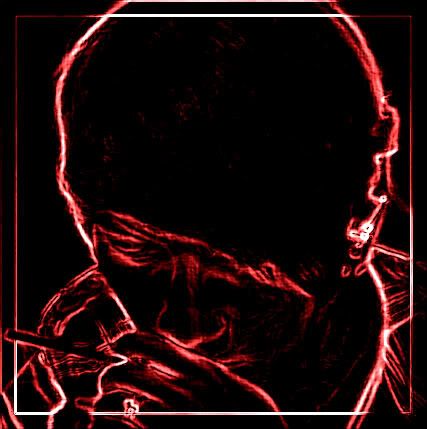Loropéni is a market town in southern Burkina Faso, lying west of Gaoua. Local features include pre-European stone ruins, about which little is known. One theory is that they formed the enclosure of the courtyard of a Kaan Iya (king or paramount ruler of the Kaan people) from antiquity. There is a similar, though much-degraded ruin around the current royal courtyard in Obiré. Another theory is that the ruins may have been a slave holding site for slave raids in the area.
The Loropéni ruins were added to the UNESCO World Heritage List in 2009. The ruins are the country's first World Heritage inscription. Surrounded by mystery, the 11,130m2 property is made up of an array of stone walls. Loropéni is the best preserved example of a type of fortified settlement in a wide part of West Africa, linked to the tradition of gold mining, which seems to have persisted through at least seven centuries. Loropéni, given its size and scope reflects a type of structure quite different from the walled towns of what is now Nigeria, or the cities of the upper reaches of the river Niger which flourished as part of the Empires of Ghana, Mali and Songhai. It thus can be seen as an exceptional testimony to the settlement response generated by the gold trade.















